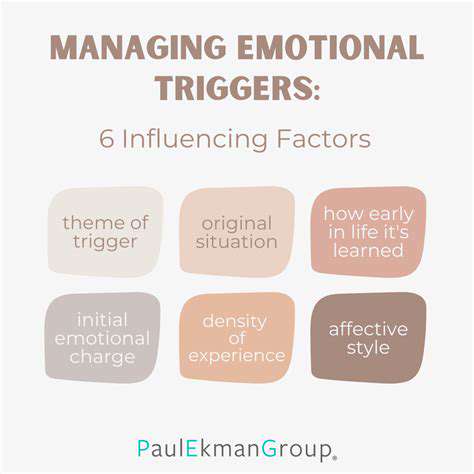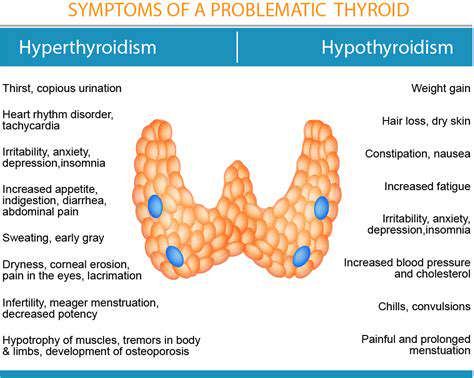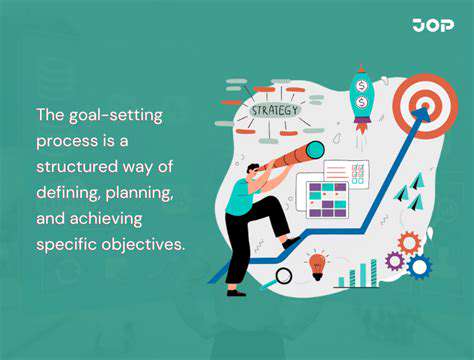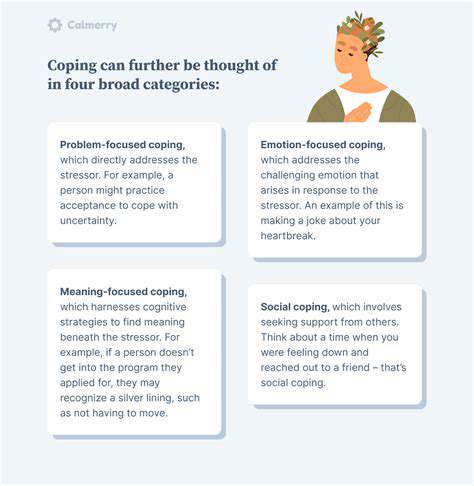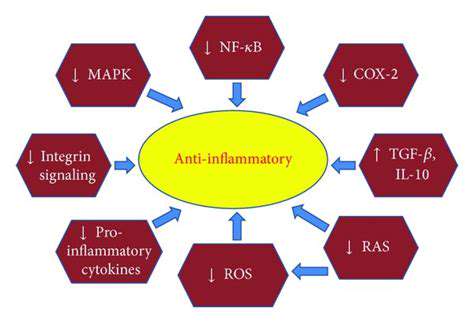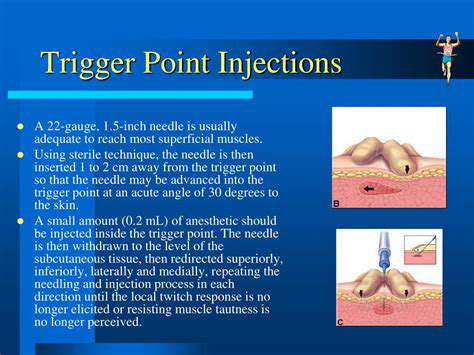HTML
Styling
CSS
Migraine Management
Medication Effectiveness
Médicaments anti-épileptiques utilisés pour la prévention des migraines
Comment les ASMs ciblent-ils la migraine>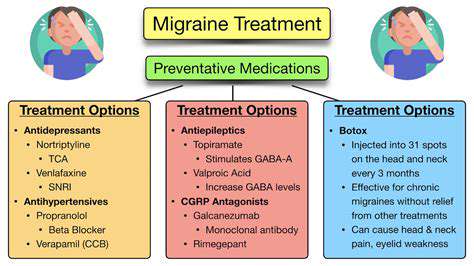

Efficacité et effets secondaires des ASMs dans la prise en charge des migraines
Efficacité des ASMs dans la prise en charge des migraines
Les médicaments antiépileptiques (ASMs) ont montré des résultats prometteurs dans la gestion des migraines, en particulier chez les personnes souffrant de céphalées chroniques ou d'une consommation excessive de médicaments. Bien que ce ne soit pas le traitement de première intention pour les migraines aiguës
Read more about Médicaments anti-épileptiques utilisés pour la prévention des migraines
Déclencheurs de Migraine et Stratégies de Gestion
Découvrez les complexités des déclencheurs de migraine et des stratégies de gestion efficaces dans notre guide complet. Apprenez-en davantage sur les déclencheurs courants tels que le stress, les facteurs alimentaires et les changements hormonaux qui peuvent influencer la fréquence et la sévérité des migraines. Comprenez comment identifier vos déclencheurs uniques grâce à des méthodes pratiques comme tenir un journal de migraine. Explorez les ajustements de style de vie, y compris les techniques de gestion du stress, les changements alimentaires et l'importance de l'hygiène du sommeil, pour aider à réduire les épisodes de migraine. Sachez quand demander de l'aide professionnelle pour des migraines persistantes et comment des mesures proactives peuvent améliorer votre qualité de vie. Commencez dès aujourd'hui le chemin vers une meilleure gestion de la migraine !
Nov 21, 2024
Mal de tête en se mouchant : Causes et remèdes
Apr 30, 2025
Migraines induites par l'exercice : prévention et gestion
May 03, 2025
Le lien entre les troubles de la thyroïde et les maux de tête
May 04, 2025
Créer un espace sombre et calme pour soulager la migraine
May 05, 2025
Explorer le régime cétogène pour la prévention des migraines
May 11, 2025
Nouvelle céphalée persistante quotidienne (NDPH) : Ce que vous devez savoir
May 14, 2025
Le potentiel du gingembre pour les symptômes de migraine
May 15, 2025
Le temps peut-il vraiment causer des maux de tête ? Explorer les preuves
May 19, 2025
Construire la résilience face aux migraines
May 21, 2025
Les enfants peuvent-ils surmonter les migraines ?
Jun 08, 2025
Injections de points-de-déclenchement pour les céphalées de tension et cervicogènes
Jun 09, 2025
